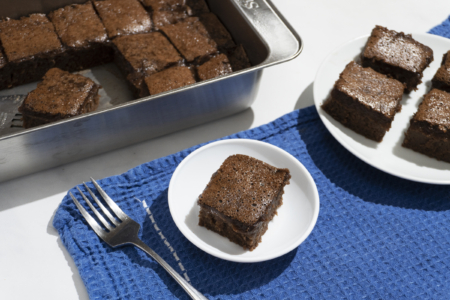In order to truly enjoy wine, you need to understand it. Crucial to that understanding are the five factors that characterize any bottle of wine. Acidity, alcohol, body, sweetness, and tannins are the first five factors anyone hoping to develop their appreciation of wine must understand. Here’s what they are and how they affect the taste of everyone’s favorite tipple.
Acidity
Acidity refers to the overall tartness of the wine. Highly acidic wines will have a borderline sour taste and will leave a sharp aftertaste in the mouth. On the other end of the spectrum, wines with lower acidity will seem creamy. Aged wines tend to have the least amount of acidity while younger wines will be more acidic. Acidic wines tend to taste bright and light.
Body and acidity are often linked: wines with a high acidity tend to have less body and vice versa.
Alcohol

The alcoholic notes of wine are often confused with acidity; however, alcohol is a characteristic very much in its own right. Needless to say, the concentration of alcohol can have a profound effect on the taste of a bottle of wine. High alcohol wines tend to result in a pronounced warm sensation at the back of the throat.
Similar to acidity, alcohol quantities, acidity, and body are often linked. Wines with low alcohol content tend to taste acidic and have less body. Conversely, wines with a great deal of alcohol tend to feel and taste heavy.
Body

Body refers to the mouthfeel of the wine in question, as well as the time it takes for the flavors to dissipate once the wine has been tasted. Heavy bodied wines will linger in the mouth long after tasting, while the flavors and textures of lighter wines will be fleeting. Body is determined by many factors such as alcohol content and acidity, among others.
Sweetness

Sweetness and dryness are particularly important when talking about white wines. Wines with higher levels of residual sugar tend to taste sweeter than those without. Sweetness is, in fact, a fairly rare characteristic with most wines and most high-quality bottles tend to be dry as opposed to sweet.
Tannins

Your appreciation of the taste of tannins may vary, but they are a crucial part of the wine tasting experience. Tannins are often responsible for the astringent flavors and grippy textures found in certain wines.



